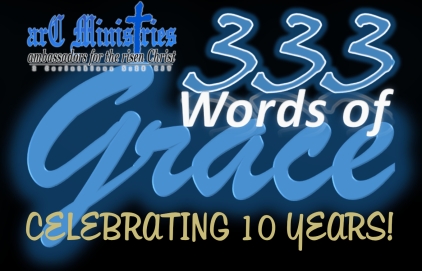Monday, April 29, 2024
“Not forsaking the assembling of ourselves together, as the manner of some is; but exhorting one another: and so much the more, as ye see the day approaching” (Hebrews 10:25 KJV).
Does today’s Scripture render church attendance obligatory?
In Luke 1:15-17, John the Baptist and his ministry are described using the following words: “For he shall be great in the sight of the Lord, and shall drink neither wine nor strong drink; and he shall be filled with the Holy Ghost, even from his mother’s womb. And many of the children of Israel shall he turn to the Lord their God. And he shall go before him in the spirit and power of Elias, to turn the hearts of the fathers to the children, and the disobedient to the wisdom of the just; to make ready a people prepared for the Lord.”
As noted above, John the Baptist’s ministry was designed “to make ready a people prepared for the Lord.” That is, his preaching the Gospel of the Kingdom—Jesus is Messiah/Christ—would summon a believing remnant from apostate/unbelieving (national) Israel. This believing remnant is known as “the Little Flock” (Luke 12:32) or the Messianic Church (Matthew 16:18): “church” here in Greek being “ekklesia,” or “called-out [group]” (the origin of our word “ecclesiastical”).
Watch repentant Jews come to John the Baptist: “In those days came John the Baptist, preaching in the wilderness of Judaea, And saying, Repent ye: for the kingdom of heaven is at hand. For this is he that was spoken of by the prophet Esaias, saying, The voice of one crying in the wilderness, Prepare ye the way of the Lord, make his paths straight. And the same John had his raiment of camel’s hair, and a leathern girdle about his loins; and his meat was locusts and wild honey. Then went out to him Jerusalem, and all Judaea, and all the region round about Jordan, And were baptized of him in Jordan, confessing their sins” (Matthew 3:1-6).
By believing the Gospel of the Kingdom and submitting to his water baptism, John the Baptist’s converts are separating themselves from their unbelieving nation Israel, the nation upon whom God’s wrath is coming (see Matthew 3:7-12)….

